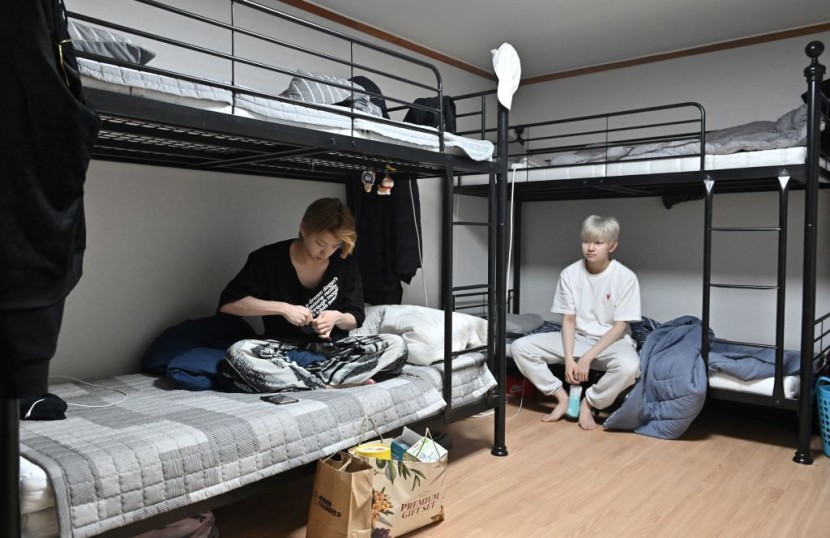Many young South Koreans are isolated from the world, which is why the government is now offering to pay them to be a part of society once again, according to CNN.

The Ministry of Gender Equality and Family announced it would provide up to 650,000 Korean won per month to isolated social recluses to support their psychological and emotional stability and healthy growth.
These "lonely young people" live in limited spaces that disconnect them from the outside world for a specific period and have noticeable difficulty living a normal life, based on a report by the ministry.
Various factors, such as financial hardship, mental illness, family problems, or health challenges, affect this.
The New Measures
The new measures target young people as part of the larger Youth Welfare Support Act, which aims to support extremely withdrawn people from society. This will also help youths without a guardian or school protection at risk of delinquency.
The monthly allowance will only be given to reclusive lonely young people aged 9 to 24 in a household earning below the median national income, which is around 5.4 million won per month for a family of four.
Youths can apply for the program at a local administrative welfare center. On the other hand, their guardians, counselors, or teachers may also use it on their behalf.
There are also plans to take further action, such as distributing guidelines to local governments, working more closely with youth welfare facilities, and boosting youth social safety nets.
Seoul already has a Reclusive Youth Support Project, which provides mental health counseling, hobby development, work training, and life coaching for isolated young people.
Also read: US, South Korea, and Japan Conduct First Anti-Submarine Drill Amid North Korea's Threats
A Phenomenon Not New to South Korea
The issue of social isolation and loneliness is not new to South Korea. It is a phenomenon that has been prevalent in the country for many years.
The country's highly competitive and demanding education system puts immense pressure on students to succeed. This often leads to social isolation and loneliness, as students prioritize their studies over social activities.
Moreover, the rise of technology and social media has contributed to the problem of social isolation in South Korea. Many young people spend hours on their smartphones and social media rather than interacting with others face-to-face. This has led to decreased social skills and increased loneliness and isolation.
South Korea has recognized the issue of social isolation and is taking steps to address it.
Social isolation and loneliness are significant issues in South Korea, particularly among young people. However, the government's recent initiative to pay "lonely young people" to re-enter society is a positive step towards addressing this issue.
South Korea needs to continue investing in programs and services that promote social interaction and community engagement, as this will help to combat social isolation and improve the well-being of its citizens.
Related article: Stress During Teen Years Linked To Severe Adult Mental Illness








